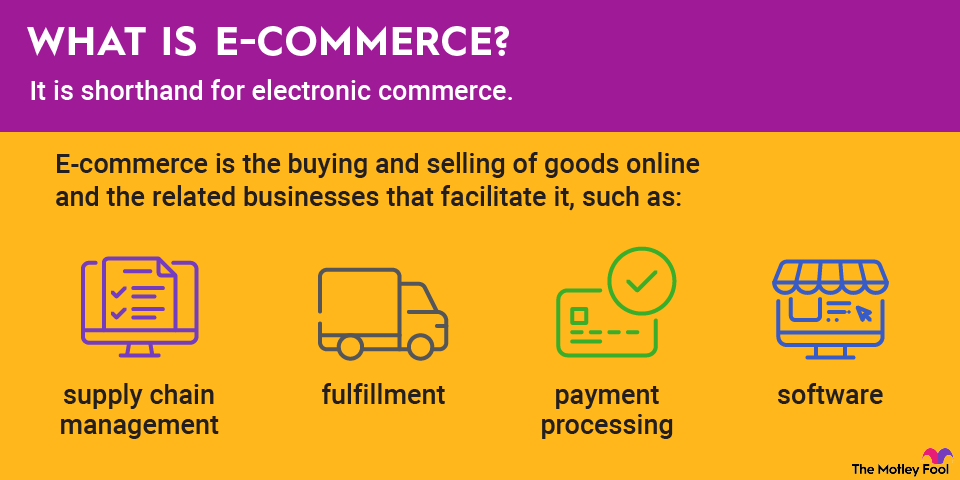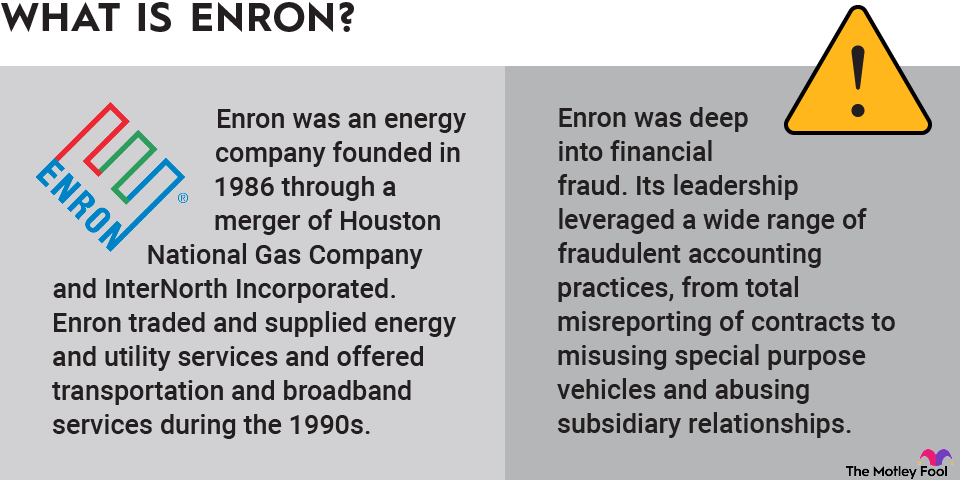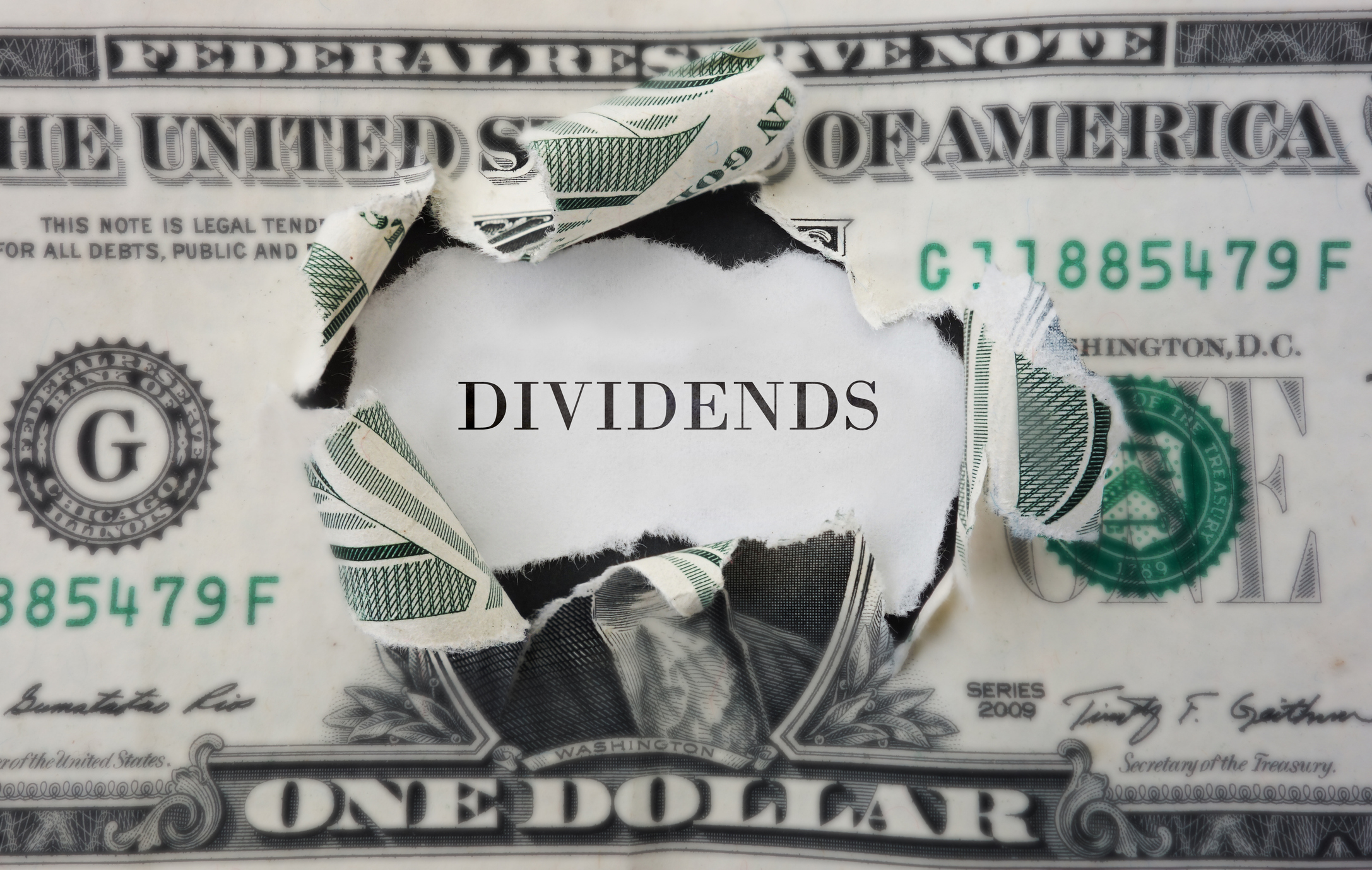How to use EBIT
EBIT can help you evaluate a company's growth and compare multiple companies within the same industry. To see profits over time, you can look at EBIT in multiple quarterly or annual financial statements. Ideally, EBIT will be increasing; if not, you'll want to see why profits haven't been growing for that period.
You can also use EBIT to directly compare companies in terms of their profitability and operational efficiency. If two companies are direct competitors, and one has a significant edge in EBIT, that's a strong point in its favor as an investment.
However, remember that this only works if the companies are in the same market sector. Some industries have much higher EBITs than others on average. It wouldn't make sense to compare the profits of tech companies, which have some of the highest EBITs, to utility companies.
It's also worth remembering that EBIT is just one of many important financial metrics. For example, there's also earnings before interest, taxes, depreciation, and amortization (EBITDA). Among companies with high fixed assets, EBITDA is a useful metric for looking at profitability before depreciation deductions.




















